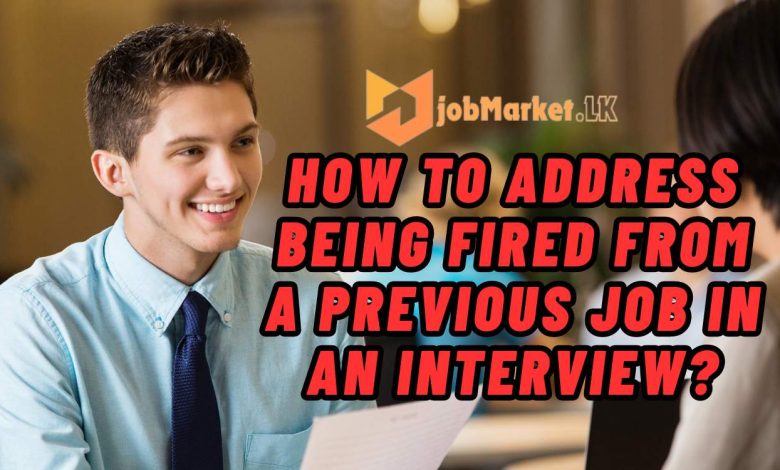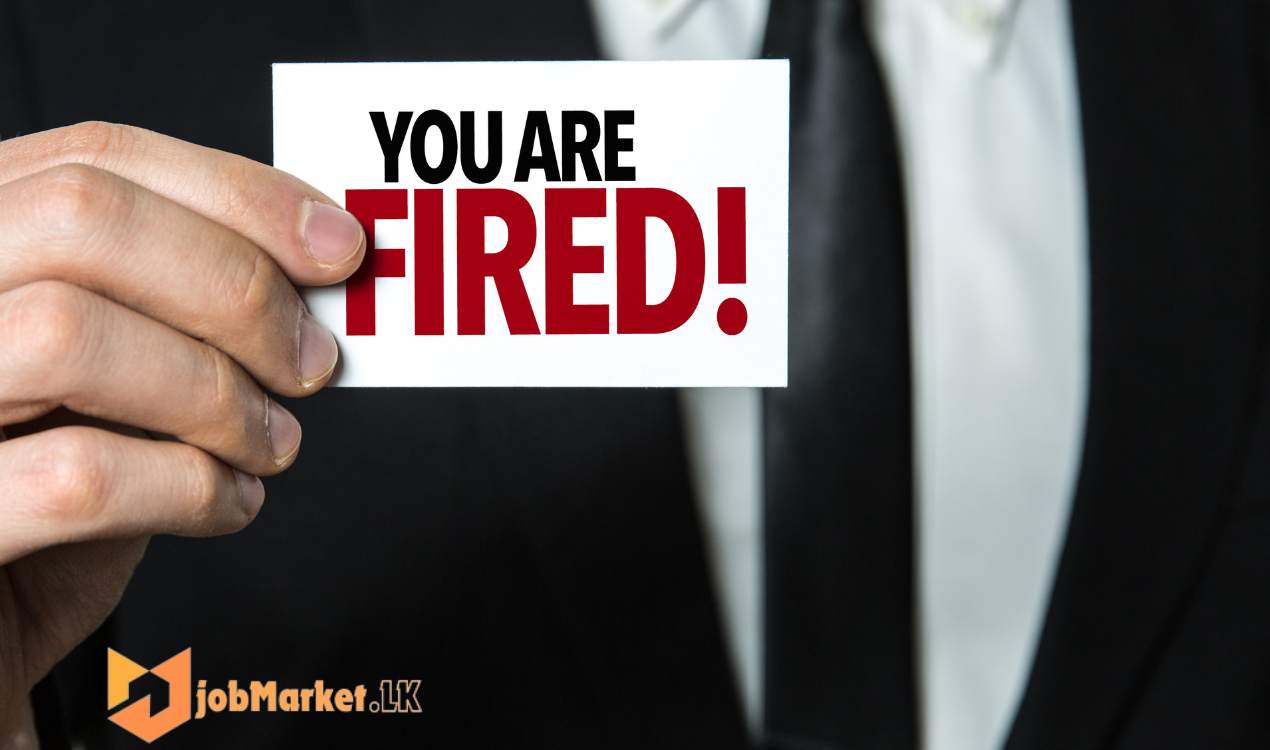How to Address Being Fired from a Previous Job in an Interview?

Talking about being fired from a previous job can be daunting, but it is something that professionals will have to face at some point in their careers. If answered correctly, you can use this question to show your resilience.
So, without being intimidated, let’s see how you can answer this challenging question successfully to your advantage.
How Would an Interviewer Know You Have Been Fired From a Job?
A company or an interviewer can find out you have been fired from a job in several ways. First, if you have disclosed your previous employment on your resume, the company will typically inquire about you with the previous employer, and the termination may come up during the conversation.
In addition, if your resume has unexplained gaps, the employer will investigate before calling you for the interview. During this investigation, termination may come up.
Further, the interviewer may directly ask about your previous job and what led you to leave it. So, at such a moment, you might have to tell the true story, as hiding it can negatively impact subsequent interviews after the initial one.
How to Address Being Fired from a Previous Job in an Interview?
Yes, discussing a previous job kick out is not easy, as it often involves emotions. Here is how to address it correctly during an interview.
Acknowledge the Firing Honestly
Hiding the actual details is not the way forward when a previous firing pops up during an interview. Being dishonest is a red flag for the progress of the job interview. So, accept the firing by using appropriate words.
We suggest you avoid using “fired” or “terminated.” Instead, it would be ideal if you used something like “I was let go,” depending on the situation.

For example, to answer the interviewer’s question, you can say, “I was let go from my previous position, and while it was difficult at the time, I’ve had the chance to reflect and learn from the experience.”
Take Responsibility For Your Wrong Doings Appropriately
If you played a part in your previous termination, it is important to take up the responsibility during the interview. This will bring a sense of maturity about you in the interviewer’s mind and demonstrate your ability to reflect on your own actions.
Tell the truth as much as possible, and avoid blaming others unnecessarily or talking negatively about your previous employer, as this will make you look unprofessional. If the reason for the termination is your own actions, you can say something like this:
“Looking back, I realize I could have handled certain aspects of my role differently, particularly when it came to communication with my team. I’ve since worked on improving those skills.”
Explain the Situation Briefly
It is essential to let the interviewer know what has happened, but you don’t need to go into every detail about why you were fired. If something from the employer’s side escalated the situation to the point of a firing, don’t hesitate to mention it.
Tell What You Have Learned From it
This is important. Rather than letting the interviewer know about your disappointment, it would be best if you explained how the termination has helped you grow professionally. Employers want to see that you’ve learned from the experience and have taken steps to improve.
Explain specific skills you have learned through the incident and how you can use those skills for the betterment of your career as well as the growth of the company.
Shift the Conversation to Your Skills
From this moment onwards, try to shift the conversation to your qualifications and skills. As we mentioned, the termination story should be brief; dragging it too long can potentially expose your weak links.
You can highlight the achievements of your previous jobs which can take the attention of the interviewer away from your negatives and focus on the positives. Keep in mind that this is the factor you need to talk more and convince the interviewer rather than dragging the discussion about your previous termination.
Practice Your Response
We highly recommend practicing your response regarding your termination before you go for the interview. The response during the interview should sound natural, and if you are not adequately prepared, you can sound unconfident.

When preparing, consider every possible question the interviewer would ask and be ready with a natural answer, including any follow-up questions. This will prepare you for the challenge and allow you to face the interview confidently.
Related: How to Follow Up After a Job Interview Without Being Pushy?
Should You Mention Being Fired on Your Resume?
No, there is no need to mention why you left a job on the resume. The resume is a place to highlight your experience, skills, and achievements. Just add those details to your resume as you would with any other job experience.
The place to mention your termination is during the interview if asked about it. You can use the comprehensive details we provided earlier to successfully address the issue.
Can I Still Get a Good Reference From a Job I Was Fired From?
Yes, there is a possibility of getting a good reference from an employer even though you got fired previously. However, there are certain factors that you need to focus on.
If you have had a good relationship with your supervisors, they may be willing to provide a good reference despite the termination. In addition, the way you worked before the termination is a huge factor in deciding the company’s feedback.
For instance, if you have been fired due to company restructuring, getting a good reference will not be a demanding task if you have maintained good professional working standards.
All in all, the reason you got fired and the professionalism you maintained before the termination decide the type of reference you would get from the employer.
Hope we have helped you with your current situation. If you find this article helpful, please share with your buddy. Have a great day!




